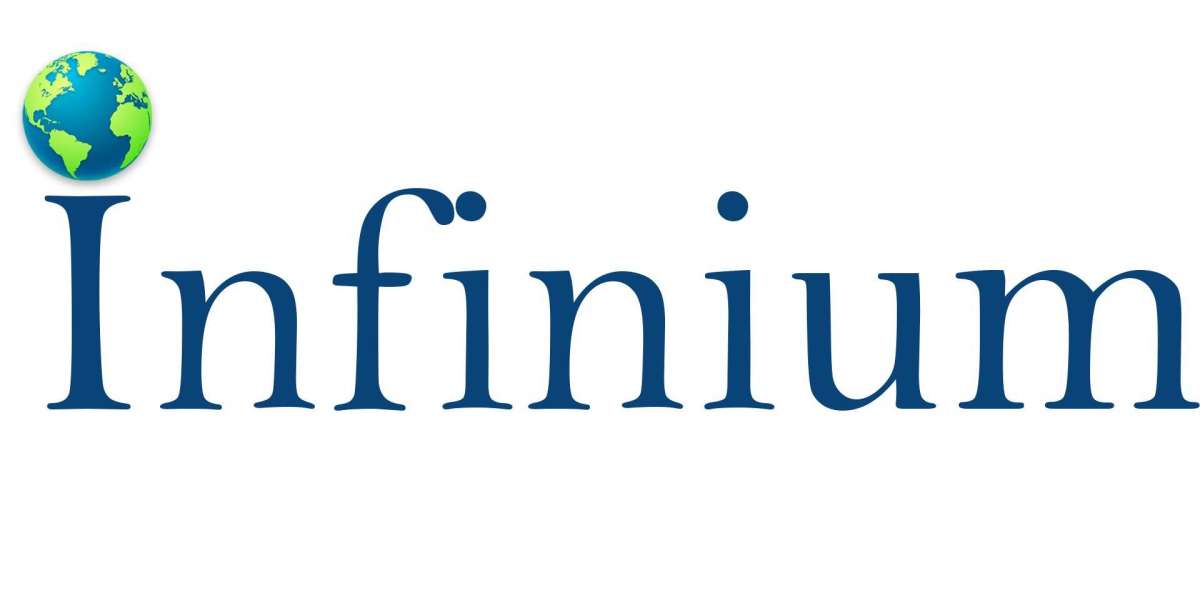Market Dynamics :
Market Growth Drivers:
- Continuous innovations in display technology, including advancements in OLED and micro LED displays, are enhancing the visual experience and driving market growth.
- The increasing adoption of IoT (Internet of Things) and smart home devices is boosting the demand for smart displays that can seamlessly integrate with these systems.
- Smart displays offer interactive features such as voice assistants (like Alexa and Google Assistant), touch-screen capabilities, and integration with other smart devices, enhancing user convenience and driving market adoption.
Market Challenges:
- The initial cost of advanced smart display technologies, such as OLED and micro LED, remains relatively high, posing a challenge to widespread adoption, especially in price-sensitive consumer segments.
- Integrating smart displays with existing IoT ecosystems and ensuring compatibility with various platforms and devices can be complex, hindering seamless user experiences.
- As smart displays often involve voice command features and data sharing, concerns regarding privacy and security remain significant barriers to adoption among consumers.
Market Opportunities:
- Increasing integration of smart displays in vehicles for infotainment, navigation, and driver assistance systems presents lucrative opportunities for market growth.
- Smart displays are finding applications in healthcare for telemedicine and patient monitoring, as well as in education for interactive learning experiences, creating new avenues for market expansion.
- Integration of smart displays with AR/VR technologies is opening up new possibilities in gaming, entertainment, and enterprise applications, driving future growth.
Regional analysis:
- North America: In North America, the smart display market is poised for significant growth driven by technological advancements and high consumer adoption rates of smart home devices. Major tech hubs like Silicon Valley contribute to innovation, while affluent consumer demographics favor premium smart display products
- Europe: Europe showcases a robust smart display market, buoyed by increasing integration of smart technologies into homes and workplaces. Countries like Germany and the UK lead in adoption, propelled by stringent energy efficiency standards and rising consumer interest in connected devices.
- Asia Pacific: Asia Pacific emerges as a pivotal region for smart display growth, fueled by rapid urbanization, expanding middle-class populations, and investments in smart infrastructure. China, Japan, and South Korea lead the market with a burgeoning consumer electronics industry and a tech-savvy population eager for cutting-edge digital solutions.
- Latin America: Latin America experiences steady growth in the smart display market, propelled by increasing internet penetration and rising disposable incomes. Brazil and Mexico stand out as key markets, driven by growing urban populations and adoption of smart home solutions
- Middle East Africa: The Middle East and Africa exhibit a nascent yet promising smart display market, driven by urbanization, infrastructure investments, and a burgeoning consumer electronics sector. Gulf Cooperation Council (GCC) countries lead in adoption due to high disposable incomes and government initiatives promoting smart city projects
Sample pages of Report: https://www.infiniumglobalresearch.com/reports/sample-request/26482
Market Segmentation:
By Product Type:
- Smart TVs:
- Smartphones and Tablets:
- Smart Wearables
By Technology:
- LCD (Liquid Crystal Display)
- OLED (Organic Light-Emitting Diode
- Others (LED, MicroLED)
By Application:
- Home Entertainment
- Automotive Displays
- Healthcare and Retail
- Industrial and Commercial
Competitive Landscape:
- Market Leaders:Leading companies such as Amazon.com, Inc., Google LLC, and Apple Inc. dominate the smart display market, leveraging their strong brand recognition and extensive product portfolios. These companies continue to invest heavily in research and development to introduce cutting-edge features and enhance user experience. They also maintain robust distribution networks, enabling widespread product availability and market penetration.
- Innovators and Startups:Innovative startups and technology firms are making significant strides in the smart display market by introducing novel solutions and disrupting traditional paradigms. Companies like Lenovo Group Ltd. and Samsung Electronics Co., Ltd. are notable for their innovative product designs and integration of advanced technologies such as AI-powered assistants and IoT connectivity. These firms often focus on niche markets or specific technological advancements to differentiate themselves from larger competitors.
- Strategic Collaborations and Partnerships:Collaborations and partnerships play a crucial role in shaping the competitive landscape of the smart display market. Companies frequently engage in strategic alliances with technology providers, content creators, and platform developers to enhance product functionalities and expand market reach. For instance, collaborations between smart display manufacturers and smart home automation companies have resulted in integrated solutions that offer seamless connectivity and enhanced user convenience.
Report Overview : https://www.infiniumglobalresearch.com/reports/global-smart-display-market
Future outlook:
the future outlook for the market research report "Revolutionizing Connectivity: Smart Display Market Set to Transform Consumer Electronics" is promising and transformative. As consumer demand for integrated and interactive digital experiences continues to rise, smart displays are poised to redefine the landscape of consumer electronics. The report anticipates robust growth driven by advancements in display technology, increasing adoption of Internet of Things (IoT) devices, and the growing integration of AI-powered voice assistants. These factors are expected to expand the application areas of smart displays beyond traditional uses, such as in-home automation and digital signage, into sectors like healthcare, automotive, and retail. Moreover, the report forecasts a surge in market size, with key players focusing on innovation in display quality, touch interfaces, and connectivity options to capture market share. As technological convergence accelerates and consumer expectations evolve, the smart display market is primed for substantial growth and innovation in the coming years.
Conclusion:
The report offers comprehensive insights into demand forecasts, market trends, and both micro and macroeconomic indicators. It delves into the factors propelling and inhibiting market growth, accompanied by an IGR-Growth Matrix analysis that identifies potential investment opportunities for new and existing market participants. Analytical tools such as Porter's Five Forces analysis and DRO analysis are employed to provide a deeper understanding of the smart display market. The study not only highlights current market trends but also forecasts developments from 2023 to 2028, while pinpointing future trends that will influence demand during this period. Furthermore, regional competitive analyses shed light on the market shares held by key players.



